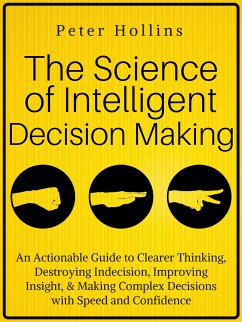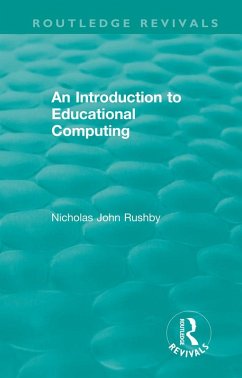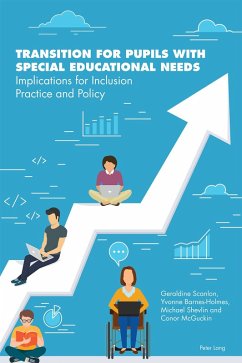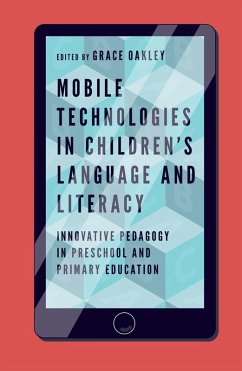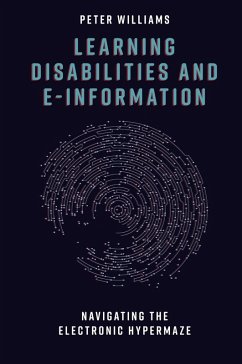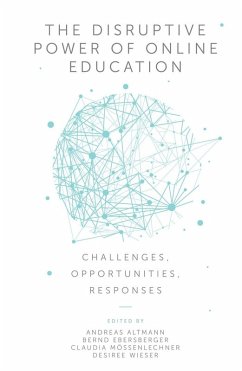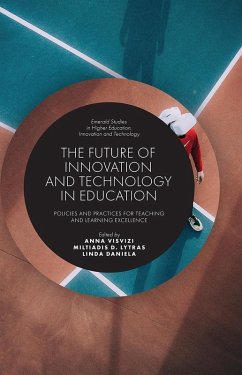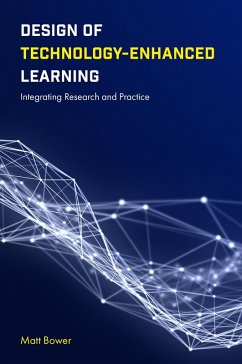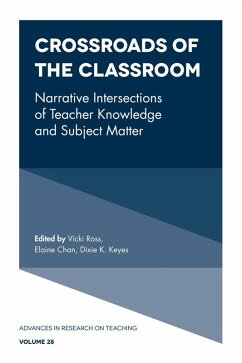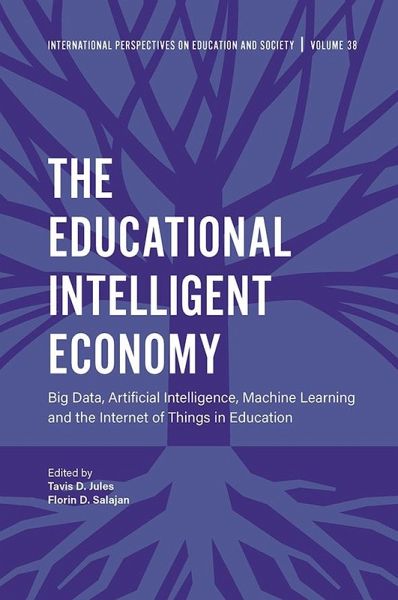
Educational Intelligent Economy (eBook, ePUB)

PAYBACK Punkte
30 °P sammeln!
Access to big data, the "e;new commodity"e; for the 21st century economies, and its uses and potential abuses, has both conceptual and methodological impacts for the field of comparative and international education. This book examines, from a comparative perspective, the impact of the movement from the so-called knowledge-based economy towards the Intelligent Economy, which is premised upon the application of knowledge. Knowledge, the central component of the knowledge-based economy, is becoming less important in an era that is projected to be dominated and defined by the integration o...
Access to big data, the "e;new commodity"e; for the 21st century economies, and its uses and potential abuses, has both conceptual and methodological impacts for the field of comparative and international education. This book examines, from a comparative perspective, the impact of the movement from the so-called knowledge-based economy towards the Intelligent Economy, which is premised upon the application of knowledge. Knowledge, the central component of the knowledge-based economy, is becoming less important in an era that is projected to be dominated and defined by the integration of complex technologies under the banner of the fourth industrial revolution. In this new era that blends the physical with the cyber-physical, the rise of education intelligence means that clients including countries, organizations, and other stakeholders are equipped with cutting-edge data in the form of predicative analytics, and knowledge about global educational predictions of future outcomes and trends. In this sense, this timely volume links the advent of this new technological revolution to the world of governance and policy formulation in education in order to open a broader discussion about the systemic and human implications for education of the emerging intelligent economy.By providing a unique comparative perspective on the Educational Intelligent economy, this book will prove invaluable for researchers and scholars in the areas of comparative education, artificial intelligence and educational policy.
Dieser Download kann aus rechtlichen Gründen nur mit Rechnungsadresse in A, B, BG, CY, CZ, D, DK, EW, E, FIN, F, GR, HR, H, IRL, I, LT, L, LR, M, NL, PL, P, R, S, SLO, SK ausgeliefert werden.




